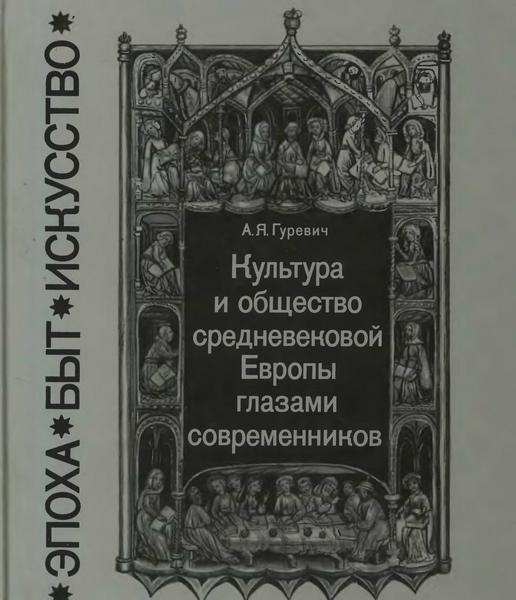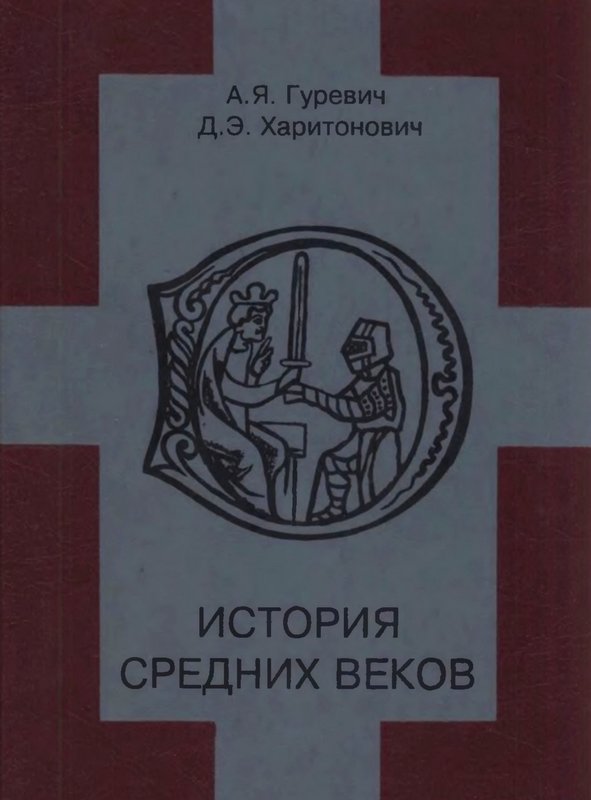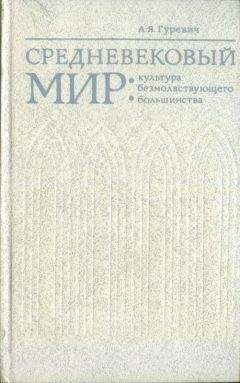the Virgin, saints and the dead, or demons and even the Devil miraculously and suddenly intrude, for a shirt moment, into the everyday life of the hero.
Thus, the earthly microcosm, the peasant’s or burgher’s house, the monastic cell, the castle, the road in the forest, or the church, turn out to be, at the moment of this intrusion, the stage of the interaction or even of the struggle between a man and some supernatural forces. The sacral space supersedes, for a little while, the profane space, coincides with it transforming the daily life. This encounter of the two worlds is accompanied by displacement in time, for eternity intrudes into the time of the earthly life abolishing it, also for a little while. This intersection of the different systems of time and space which seem to be incompatible, results in a situation in which the action takes place here and there, and, therefore, neither here, nor there, but on a quite different spacio-temporal level. Such a dramatic collision is a cause of a radical change in a man’s life, or even of his death and his soul’s destiny.
The «chronotopos» of exempla reveals the deep specificity of medieval mind. The high heuristic value of this genre for the historian consists in the self-exposure of medieval culture which takes place in exempla. They represent the smallest parts of the consciousness which has not yet organized its contents into finished cultural creations. These «atoms» of the mind were constantly present in the memory of culture and could be found in literature and art.
The book contains an Introduction and twelve chapters, in which are studied different aspects of the world vision of the thirteenth century man as were refracted by the exempla.
Chapter 1 treats exempla as literary genre in which specific features of medieval mentality are expressed. The following chapter are devoted to the central problems in which the preachers were immensely interested, that is the relation of the world of the living men to the world of the dead (Chapter 2); and the originality of the eschatology in exempla, in particular, the prevalence of the image of the individual trial of a dead man’s soul over the idea of the Doomsday at the end of times (Chapter 3). This paradoxical coexistence of the two eschatologies is studied also by analysis of imagery on the tympanon of Western portal of Saint Lazare Church (Autun, Burgundy, Xllth century) (Chapter 4).
After discussing the problem of the Purgatory (Chapter 5), the author investigates the feeling of sin and guilt suggested by the sermon which, nevertheless, did not leave the parishioners in despair (Chapter 6). The complex of questions concerning the supernatural leads us to the study of the relationship of the soul and body. All clear borders between the spiritual and the material were obliterated or weakened in the exempla not only metaphorically but often literally (Chapter 7).
Having studied the world picture expressed in exempla the author tries to analyse the social aspects of medieval life as they were imprinted in them. There was not other literary genre in that epoch in which the social relations were critisized so severely. The sermons and exempla exposed every evil under the sun, moral and social. It is necessary to remember that during the Late Middle Ages the ideologists and leaders of the popular revolts were, as a rule, monks and simple clerics. Special attention was given to the usurers. The strongest incriminations of the moneylenders seem to express the attitude of the burghers, for it was in their midst that Dominican and Franciscan monks were most active (Chapter 8).
The medieval civilization is represented in exempla as the civilisation of adults, and of males. The low estimate of women and children, and the negative attitude toward sex is highly characteristic of exempla (Chapter 9). Their authors pay great attention to the enemies of Christianity, to the «aliens». The French authors who were contemporaries and, in some cases, participants of the crusades against the Albigensians, give evidence against the heretics. The most sinister picture of the pogroms at the XIIIth century in the Western parts of the Empire, can be found in the Historiae memorabiles by Rudolf von Slettstadt who does not conceal his sympathy with the fanatical antisemits (Chapter 10).
The panorama of medieval life depicted in exempla is extremely wide and multiform. They represent all sides of reality and do not disregard everyday routine nor any low and vile aspects of life. Many episodes seem to be taken directly from life. Our attention is attracted, first of all, by the exempla which record recent events, for there is more spontaneity in them than in the stories taken from ancient literature of early Christian legends. Nevertheless, exempla are very far from «realism». True, everyday life and personages, the time and the place of the event can be represented very closely to reality, but the same event, the main subject of the exemplum, takes place, at the same time, in quite a different dimension, the dimension of the miracle. The «subjective reality» of the people who narrated and read or listened to exempla was of a specific kind, radically different from that of the people of the New times (Chapter 11).
Chapter 12, by way of Conclusion, attempt some psychological studies of the exempts authors and their personages (preaching, confession, penitence, shame, sin, etc). It seems hardly possible to penetrate directly into the mind of the public to which exempla were addressed, and the historian can study their mentality only as it was interpreted by the Church authors. Only in contradictory synthesis of the thoughts of the learned with the thoughts of the «simple» the historian has an opportunity to comprehend the mentality of the medieval people.
Гуревич А. Я. Проблемы средневековой народной культуры. — М., 1981.
Я вполне отдаю себе отчет в рискованности применения подобного понятия: этикетка





